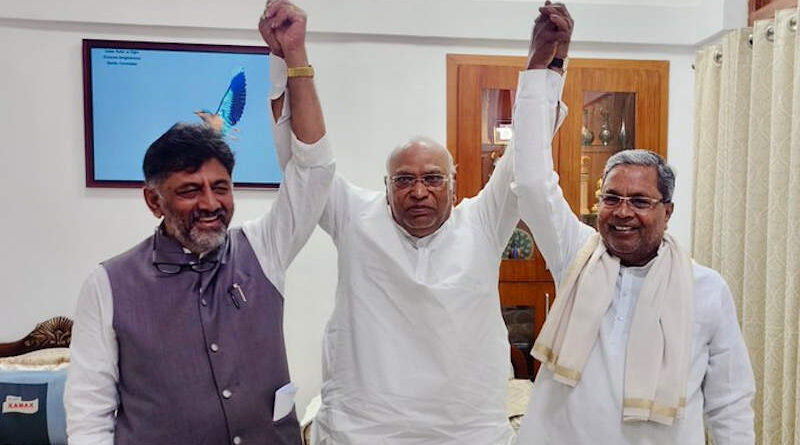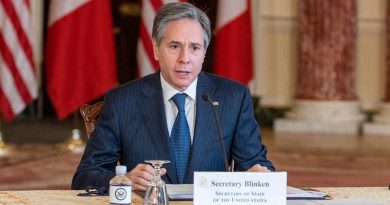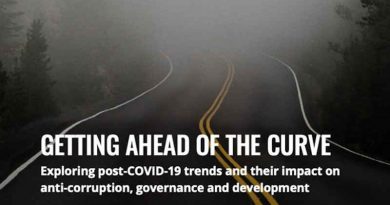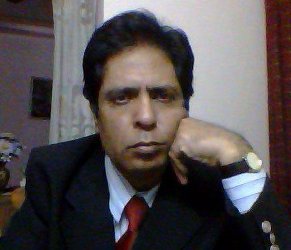Petition to Investigate the Assets of Karnataka Congress Leader D. K. Shivakumar
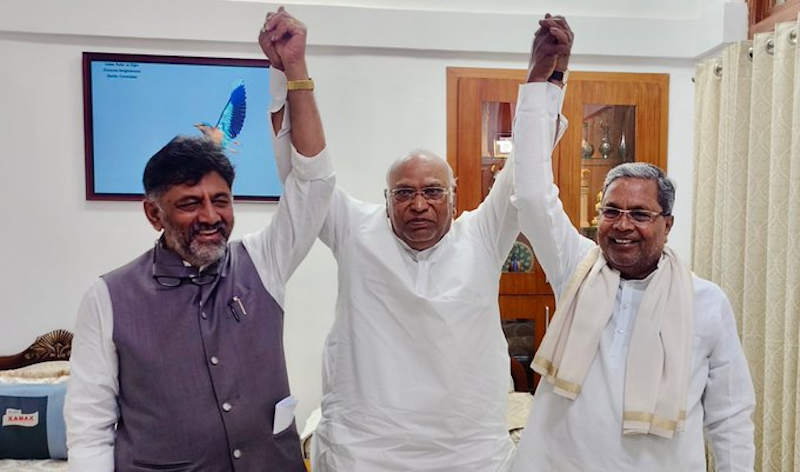
Petition to Investigate the Assets of Karnataka Congress Leader D. K. Shivakumar
I sent the following petition to different authorities.
To July 22, 2023
Dr. Jitendra Singh
Minister of State, Ministry of Personnel, Public Grievances and Pensions
Department of Personnel and Training (DoPT) / Prime Minister Office (PMO)
Government of India, North Block, New Delhi 110 001
[ Among other responsibilities, DoPT is mandated to handle allegations, complaints, and enquiries against Chief Ministers and Ministers of State Governments and sanction for prosecution of Chief Ministers and Ministers of State Governments. ]
Copy for Immediate Action to:
- Dr. Justice D.Y. Chandrachud, Chief Justice of India, Supreme Court of India, Tilak Marg, New Delhi 110 001
- Lokpal, Anti-Corruption Institution Lokpal of India, Plot No: 6, Vasant Kunj Institutional Area, Phase II, New Delhi 110 070
- Central Vigilance Commissioner, Central Vigilance Commission (CVC), Satarkta Bhavan , Block-A, GPO Complex , INA, New Delhi 110 023
- Karnataka Lokayukta, Dr. B.R. Ambedkar Road, MS Building, Bangalore
Subject: Petition under Prevention of Corruption Act , 1988, (PC Act) to investigate the sources of income of Karnataka Deputy Chief Minister D. K. Shivakumar to know if it is a case of assets disproportionate to his known source of income.
The scope of the petition may be extended to other Members of the Legislative Assembly (MLAs) in Karnataka.
Petition by: Rakesh Raman
Dear Anti-Corruption Authorities,
I am a government’s national award winning journalist and founder of the humanitarian organization RMN Foundation in New Delhi. As an anti-corruption activist, I run various campaigns to stop corruption and I have been publishing since 2018 The Integrity Bulletin news magazine which covers international corruption cases.
In October 2022, I also released the “India Corruption Research Report 2022 (ICRR 2022)” which details rampant bureaucratic and political corruption in India. I have also launched the ICRR 2023 project to compile the India corruption research report for 2023.
KARNATAKA CASE
This case is about Karnataka Deputy Chief Minister D. K. Shivakumar who has reportedly amassed assets of more than Rs. 1,400 crore which is a massive amount of money for a public servant working in the government. The reports quote the 2023 findings of a political reforms group Association for Democratic Reforms (ADR) to reveal that Shivakumar is the richest MLA in the country.
Obviously, Shivakumar would have declared the wealth that he possesses. However, it is more important to explicitly know the sources of his income. The investigation of his sources of income is particularly an imperative because Shivakumar – who belongs to the Congress party – is facing corruption allegations as the Central Bureau of Investigation (CBI) is probing a case of disproportionate assets against him.
Moreover, it is reported that Shivakumar was incarcerated in Delhi’s Tihar jail for about 50 days after he was arrested by the Enforcement Directorate (ED) – which investigates serious financial crime cases – on September 3, 2019 in a money laundering case. He was released on October 23 after the Delhi High Court granted him bail.
Since almost all the anti-corruption agencies in India lack domain expertise, they are not able to properly handle and prosecute white-collar financial crimes and cases of grand corruption* and rent-seeking**. As a result, the corrupt politicians get off scot-free after claiming that the cases against them are politically motivated. The investigation and prosecution processes of Indian agencies are so crude and opaque that it is impossible to know if the politicians are actually corrupt or victims of some political vendetta.
*Grand corruption is defined as corruption occurring at the highest levels of government in a way that requires significant subversion of the political, legal, and economic systems. Such corruption is commonly found in countries with authoritarian or dictatorial governments but also in those without adequate policing of corruption. This type of corruption also takes place in countries where the corruption investigation and prosecution processes are weak.
**In a case of rent-seeking, the public functionaries distort the government policy and misuse their authority for personal gains.
The concept of rent-seeking applies to corruption by public servants and elected leaders who solicit and extract “bribe” or “rent” for using their legal but discretionary authority for awarding legitimate or illegitimate benefits to clients or citizens. Rent-seeking is directly related to government corruption. In such cases of organized white-collar crimes, the actual transaction of bribe money is not visible. Therefore, an investigation must be initiated after the collection of circumstantial evidence to know the flow of money.
Similarly, the Indian courts are also not fully equipped to understand the emerging financial crimes which use techniques such as cryptojacking, transfer of crypto assets, and the deployment of “money mules” in facilitating the movement of criminal proceeds or for money laundering crimes.
The Indian anti-corruption agencies and courts are working with archaic procedures which are not suitable in the evolving world of white-collar financial crimes. As a result, the accused in corruption, money laundering, and other serious financial crime cases easily get bail in courts and continue their criminality. And even if they are imprisoned, they enjoy luxurious treatment in jails.
But in order to weed out corruption from the government systems in India, the corruption investigation and prosecution processes need to be revamped. And the process reformation work can begin with Shivakumar’s case.
In view of these facts, it is required to fully investigate the case of Congress politician Shivakumar under the provisions of the PC Act and other anti-corruption laws to find out if he possesses assets disproportionate to his known sources of income. The revamped investigation model should also be applied to know the assets and sources of income of other MLAs in Karnataka.
REQUEST FOR ACTION
- Issue a formal notice to Congress politician and Karnataka Deputy Chief Minister D. K. Shivakumar to declare his assets and sources of income in an unambiguous manner.
- Set up a committee of experts to hold transparent / live-streamed hearings with Shivakumar allowing him to explain the objective of amassing such a huge amount of money while serving as a government functionary.
- If Shivakumar is not able to clearly explain and justify the sources of his income, the government should forfeit all his assets and declare that as wealth of the state.
- Since only circumstantial evidence is required to prove the occurrence of white-collar crimes, there is enough circumstantial evidence to file a fresh first information report (FIR) against Shivakumar and begin the formal investigation process.
- Extend the scope of investigation to all the MLAs of Karnataka.
- All those MLAs – including Shivakumar – who are found guilty should be caged in a prison such as the Guantanamo Bay detention camp, which is a U.S. military prison known for its harsh treatment of prisoners, instead of incarcerating them in conventional Indian prisons which provide luxurious treatment to politicians and rich prisoners.
- As a petitioner, I should be allowed to participate in the investigation process so that I could ask Shivakumar (and other MLAs) relevant questions.
- You are requested to immediately inform me of the action that you have taken or planned to take in this case.
Note: Please do not delay this case because of bureaucratic hassles in your offices and accept this complaint in this document instead of asking me to file the complaint in some rigid form or format.
Contact
Rakesh Raman
Editor, RMN News Service [ Website ]
Founder, RMN Foundation [ Website ]
463, DPS Apts., Plot No. 16, Sector 4
Dwarka, Phase I, New Delhi 110 078, India
WhatsApp / Mobile: 9810319059 | Contact by Email

